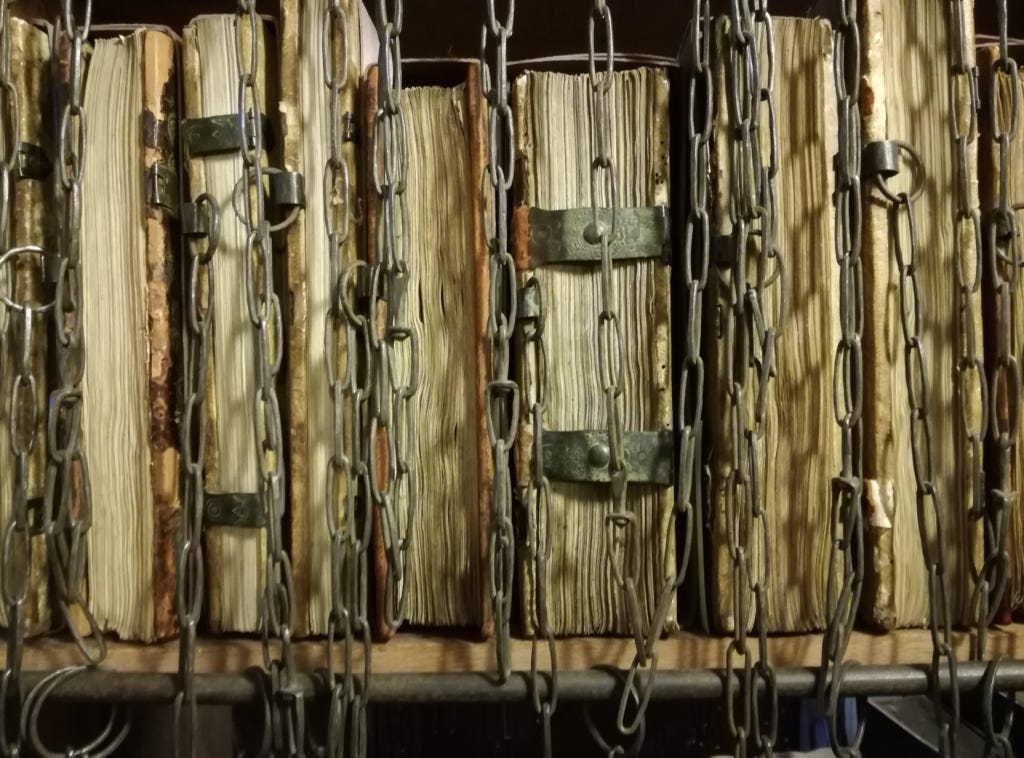Keeping record

The two things that have revolutionised the way we keep records of past events, the primary sources of history and history-writing, are storage and duplication. Making copies and keeping them safe.
Ke…
Keep reading with a 7-day free trial
Subscribe to Biblonia to keep reading this post and get 7 days of free access to the full post archives.

